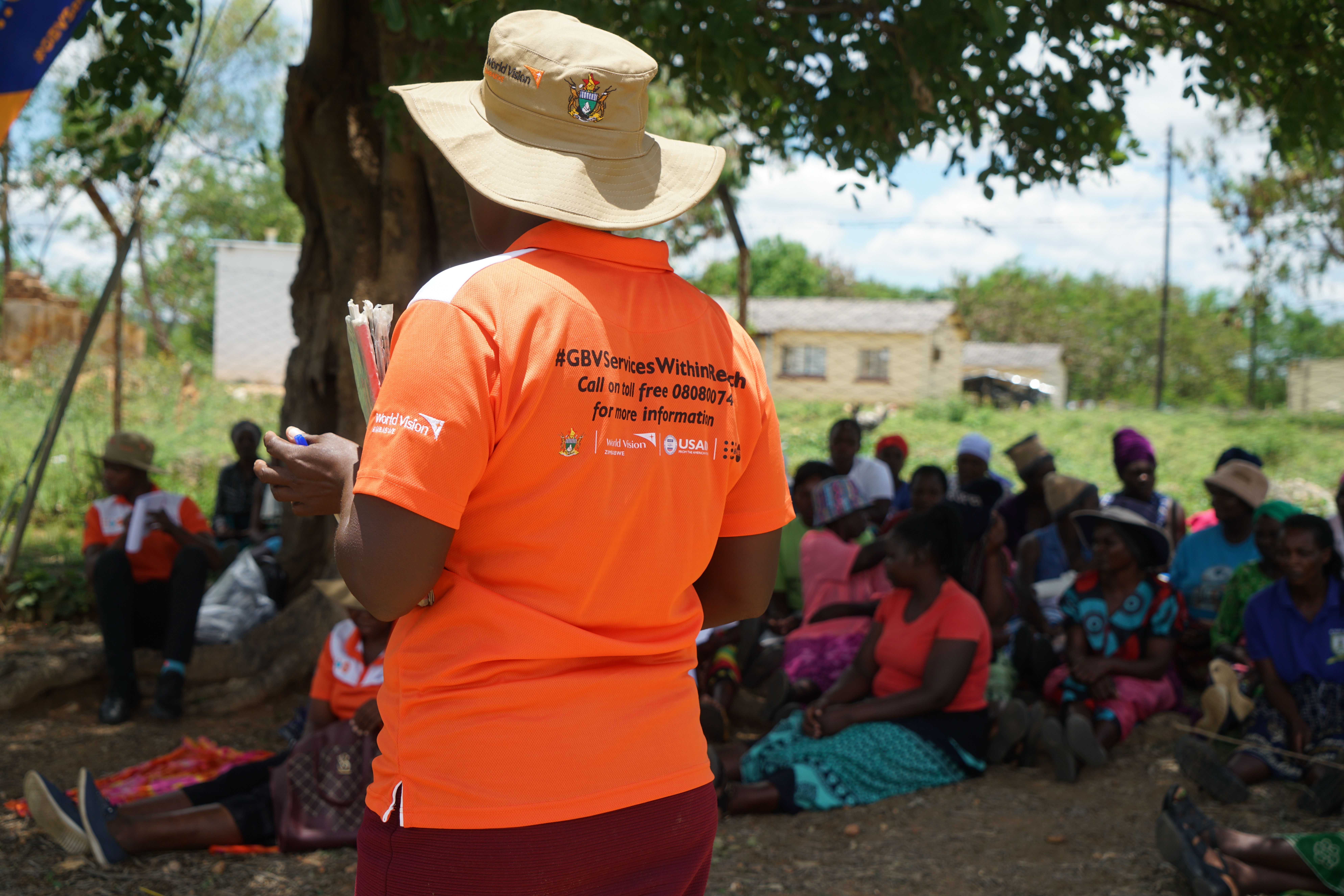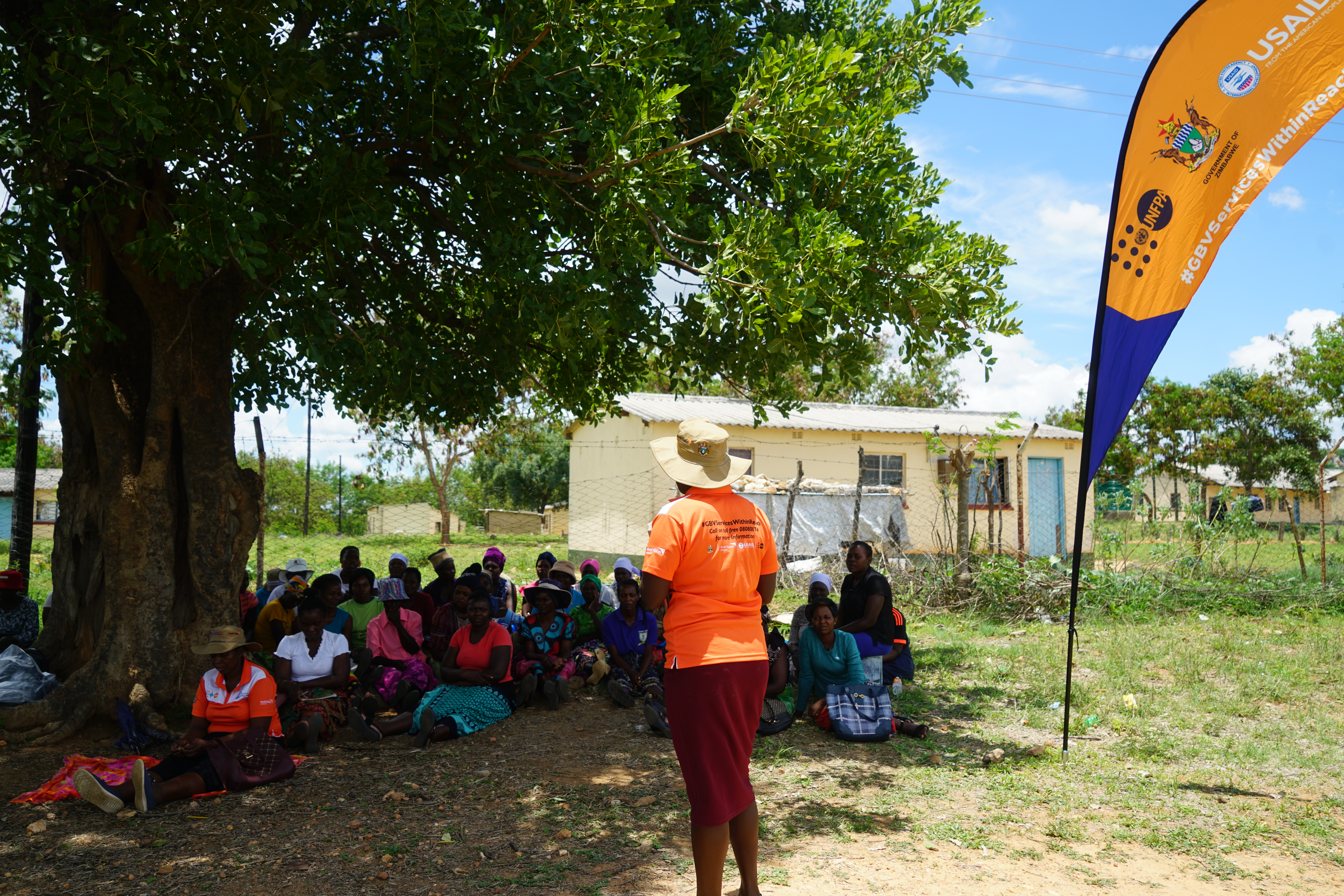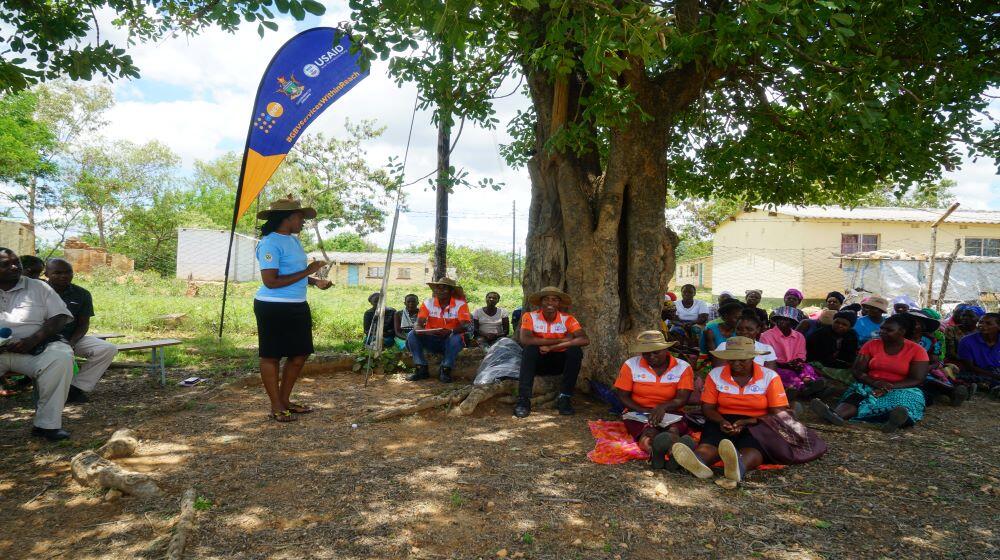“My mother seems to be happier now than she was before she started visiting the safe space created in my village. She takes pleasure in the particular "me" time she has set apart for herself at the safe space, the special connections she has formed with the other ladies from our community. She is “Luana” for just two hours a week, not a wife, mother, sister, aunt, or even a sister.
Before the safe space was set up in our area, my mother's life was filled with unhappiness and persistent exhaustion. No-one is safe from my father's verbal abuse when he is intoxicated, including us, his own children. He is not an easy man to live with. My mother would work her fingers to the bone to provide for me and my brothers since my father spends the little money he makes from his menial jobs on drinking, the "water of life," as he puts it. We have little food to eat due to the minimal rainfall we received, and elephants' destroyed our crops making an already dire situation even worse.

My mum has found comfort in the safe space gatherings despite all the problems. Her good times at the safe place have spread to us. She now spends more time with us and appears to handle my father's flaws with a great deal of composure and patience. Despite the food limitations, our family environment is significantly happier and my mother is more content and relaxed. We even appreciate the small food donations from the gatherings and the new recipes she has tried at home after learning them at the safe space. I watch my father enjoy the food even if he never says it, but it has set a pleasant environment to share a joke or two during meals”.

Luana is a member of the Jambezi safe space, in Hwange district which was established as part of the project called: "Building resilient and sustainable community systems for GBV risk mitigation," implemented by UNFPA through the work of its implementing partner, World Vision, with financial support by USAID – Bureau for Humanitarian Assistance (BHA).
Services offered at the safe spaces include group counselling, individual counselling, referrals for GBV services, and information sharing on SRHR. The safe spaces are managed by mentors who are trained in psychological first aid and psychosocial support, hence besides providing information on SRHR, are also able to provide referrals to GBV survivors who might decide to disclose their case at the safe space.


